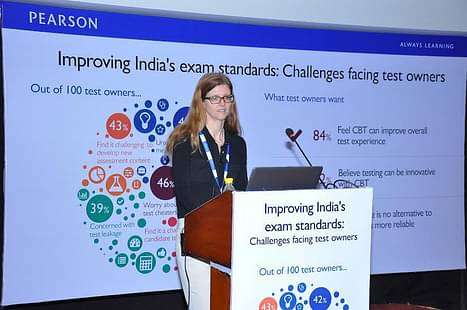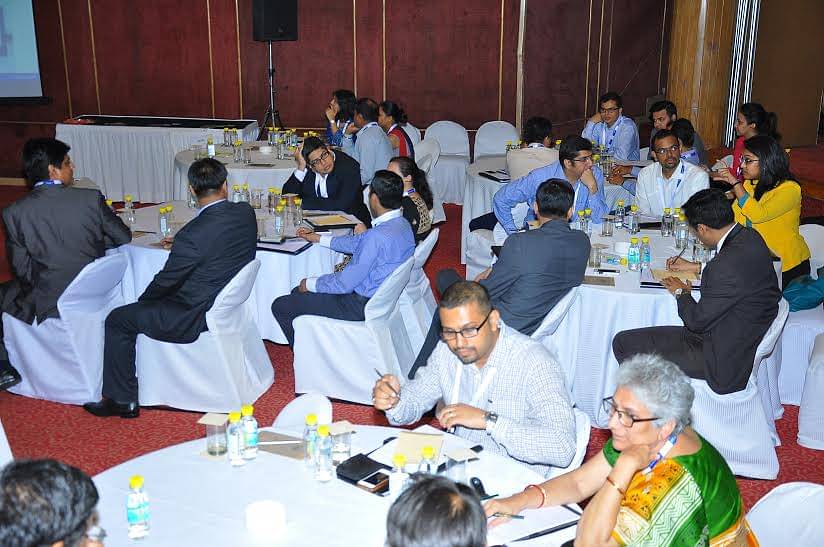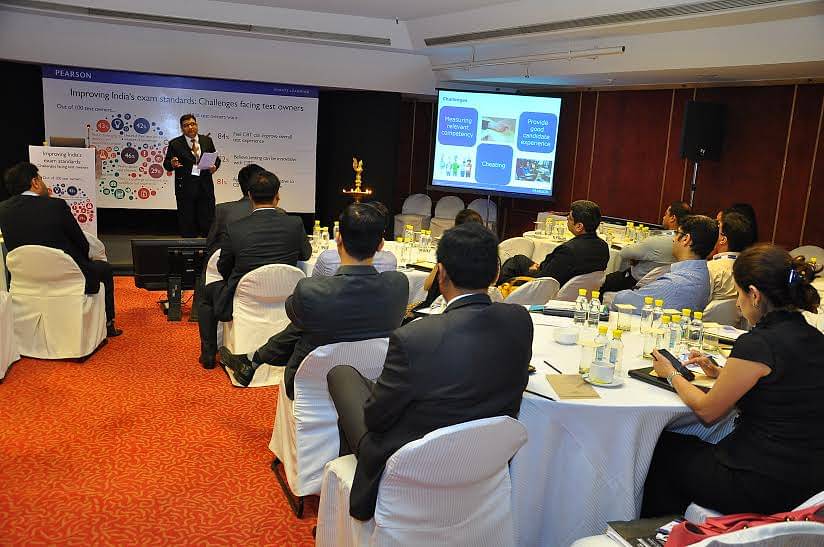
Professional exam providers in India are struggling to maintain the relevance of their exams – and they are also concerned about cheating – according to a recently published report.
The study, conducted by Pearson VUE in partnership with IMRB, surveyed senior managers from 100 exam-owning companies and institutions in the medical, legal, finance, IT and higher education sectors. Almost half (43 percent) reported challenges in developing new assessment content, and four in ten (38 percent) expressed difficulty in maintaining the relevancy of their assessment.

The survey reveals the challenges of knowing whether an exam accurately measures relevant competency, with nearly four in ten test owners (38 percent) finding the restrictions of the exam format itself a challenge – which may in part have an impact on the ability to fulfil the test purpose.
The report, “Improving India’s exam standards: Challenges facing test owners”, also found that almost half of those surveyed (46 percent) are concerned that candidates are cheating in exams, and a third are concerned with candidate impersonation. There is also concern about test paper leakage (39 percent), which is a problem associated with pen-and-paper rather than computer-based testing (CBT).
The report also reveals a potential trend of test owners moving from pen-and-paper to CBT delivery in India. Of the 47 percent who currently use pen-and-paper over a third (33 percent) saying they are likely to move to CBT in the near future. The vast majority of all test owners (81 percent) stated that there is no alternative to CBT that is more reliable.

Divyalok Sharma, director of client development at computer-based testing company Pearson VUE, said: “Assessment content, or in other words the test questions, is the lifeblood of an exam. Focusing on that content is key to the success of an exam programme, along with finding ways to make exams more relevant not only in terms of legislation and up-to-date processes, but also making sure it is relevant to the professional role that person will eventually hold. It is equally important for test owners in India to review their current test development practices and standards and follow international best practices in testing.
“There are a number of inter-related factors and processes that can cause an exam to succeed or fail, including understanding of test objectives, robust test design, appropriate test format, good quality test questions and the statistical analysis of questions. These factors also contribute to the ultimate goal of creating a valid, fair and reliable test.”


 Follow us
Follow us













